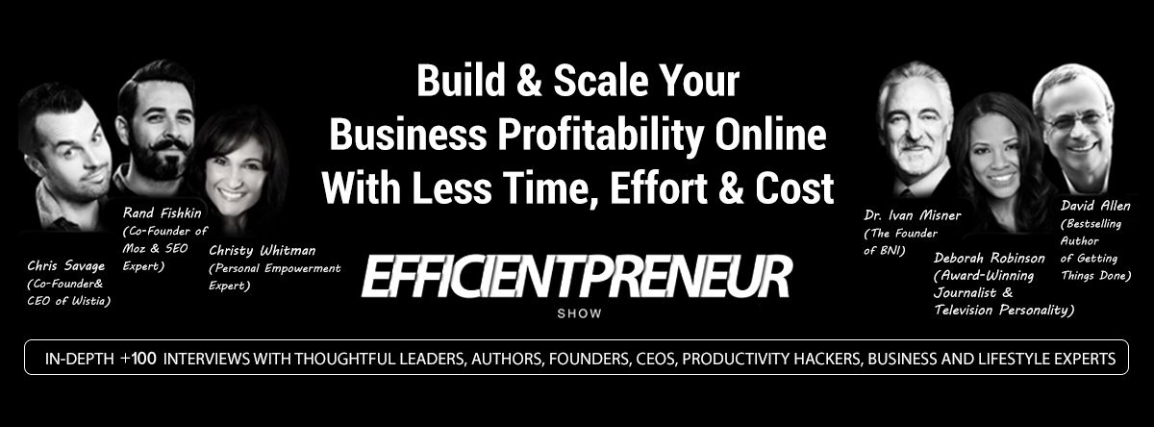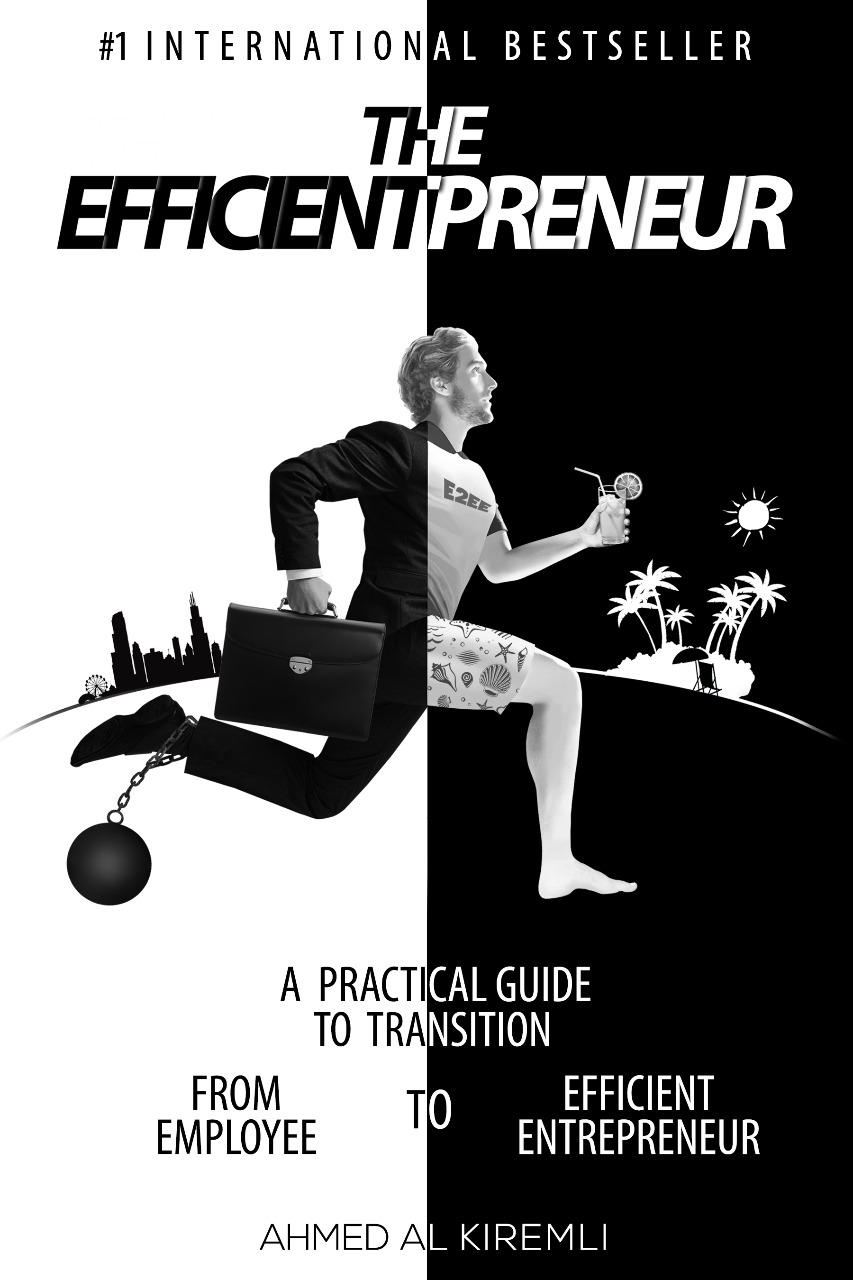Brant Cooper
(The NYT BestSelling Author of The Lean Entrepreneur and the Co-Founder of Moves the Needle)
Video Interview
Audio
Bio
Brant Cooper helps startups get started.
As a Lean Startup thought leader, he travels the world speaking to entrepreneurs at conferences, hackathons and workshops. Recent speaking events include the Kuala Lumpur Venture Capital Symposium, Lean Startup conferences in Vancouver and Michigan, the Forward Technology Conference in Wisconsin, the Lean Startup Challenge in Boston, and Lean Startup Machines in London, New York, Boston, Chicago and San Francisco. Brant also consults for and advises startups on Lean Startups and Customer Development, with clients in Silicon Valley, New York, San Diego, France, Australia and Singapore. Clients include Qualcomm, MOGL, HubKick, MotherKnows, i.TV, Lean Startup Machine, Discovr and many others.
Brant Cooper is passionate about growing the San Diego tech community.He runs the San Diego Tech Founders monthly meetup that consistently draws between 100 and 200 startup people. Speakers have included Eric Ries, Steve Blank, KISSmetrics CEO Hiten Shah, CatchFree CEO Sean Ellis and Venture Capitalist Mark Suster. He is the curator for the San Diego edition of the Startup Digest. Brant mentored at CONNECT for four years and holds open office hours at a weekly coffee meetup that draws 10-20 people a week.
Prior to becoming involved in the Lean Startup community, Brant was involved with startups in a more traditional way. He has over 20 years experience in IT and a long track record of bringing high tech products to market. As a leader in Professional Services, Product Management and Marketing, he has directed strategy, design, marketing and implementation of numerous products for a variety of startups including Tumbleweed, Timestamp, WildPackets, Incode and InfoBright.
Brant Cooper has published articles for Venture Beat and Business Insider, blogs at Market By Numbers and tweets @brantcooper.
Lean as in Lean Manufacturing is about eliminating waste in the production and delivery of a known value to a knowncustomer. Lean Startup is about eliminating waste in discovering what
value you are creating, how you deliver it, and to whom.
This is the primary theme of my book,
The Lean Entrepreneur. Co-author Patrick Vlaskovits and I break down why lean, why now, how to, and provide extraordinary examples of extraordinary entrepreneurs applying these principles inside and outside tech, in big companies and startups.
I am a happy Papa, loyal brother, and
appreciative son. I play a little guitar and
sing loudly in the car. I strive to enjoy life
and not take myself too seriously.
Websites & Social Media Links
https://twitter.com/BrantCooper
https://www.facebook.com/brant.cooper
https://www.linkedin.com/in/brantcooper
https://www.movestheneedle.com/author/brant/
Interview Questions
- How did you become an another & startups experts
- What’s your background before the startups world?
- What’s your rule in Moves the Needle and what are the services that you provide?
- How visionaries create products & disrupt markets?
- How to become visionary in creating a business?
- What to do to discover a business model?
- How to develop a bigger and loyal customer base?
- How companies build passionate relationships with their audience?
- What’s the most efficient way to find the product market fit?
- Why asking the market is important and which tools you recommend for that?
- What’s a brand and How it can help shaping a better business?
- What are the top 5 lean brand tips?
- What’s the THE MYTH OF THE BRAND GENIUS?
- What’s THE LEAN BRAND FRAMEWORK?
- How to beat the past and learn to learn from our failures?
- How the idea of the Lean Entrepreneur Book started?
- How did you hit the New York Times bestseller list?
- How did you manage to get EARLY ADOPTERS for the book?
- Why you decided to use illustrations in the book? And who helped you design the book cover and illustrations?
- Which company or service do you use for the branding of your products and books?
- Publishing Vs. Self Publishing for you, which when you would pick if you have both options?
- Best advice when you sign a contract with your book publishers?
- Tell us more about your other projects that you are currently working on or planning for the future?
- Share with us some of the tools or software that make you more efficient?
- The most important factors for success in 3 words?
- What’s the biggest failure moment in your life and what did you learn from it?
- What are the Top 3 apps that you use on your smart phone?
- What are the habits that you are trying to develop to stay efficient?
- What do you do to change your mood when you are depressed?
- What’s the best advice that you ever received?
- If you have the chance, what would you say to advice your younger self?
- What are your top 3 favorite books?
- What are the top 3 people that you are inspired by?
- What makes you really happy?
- How people can contact you?
- Do you have any notes or suggestions to improve Be Efficient Tv?


